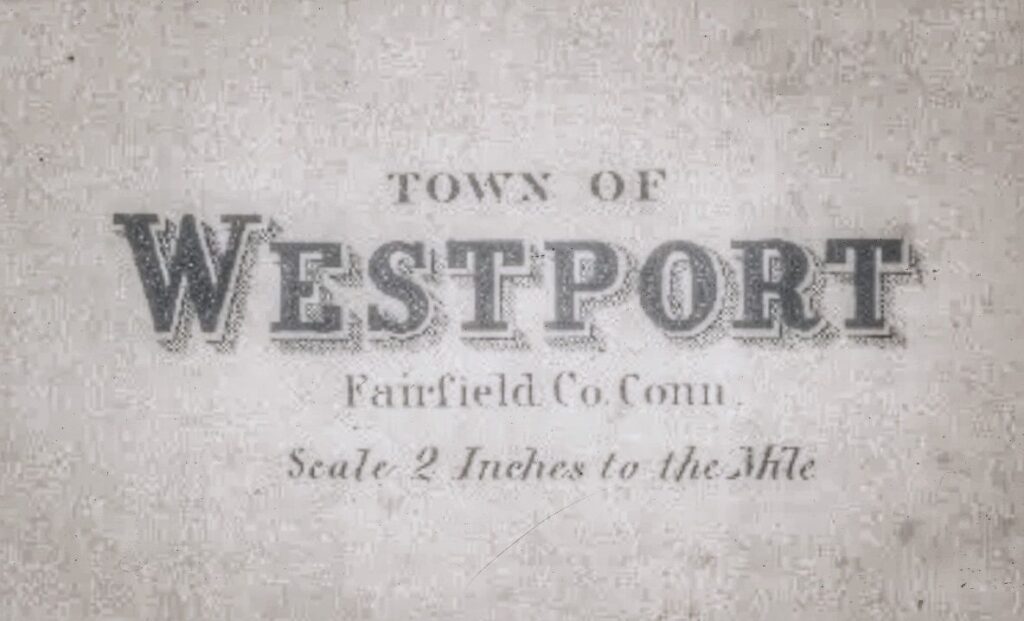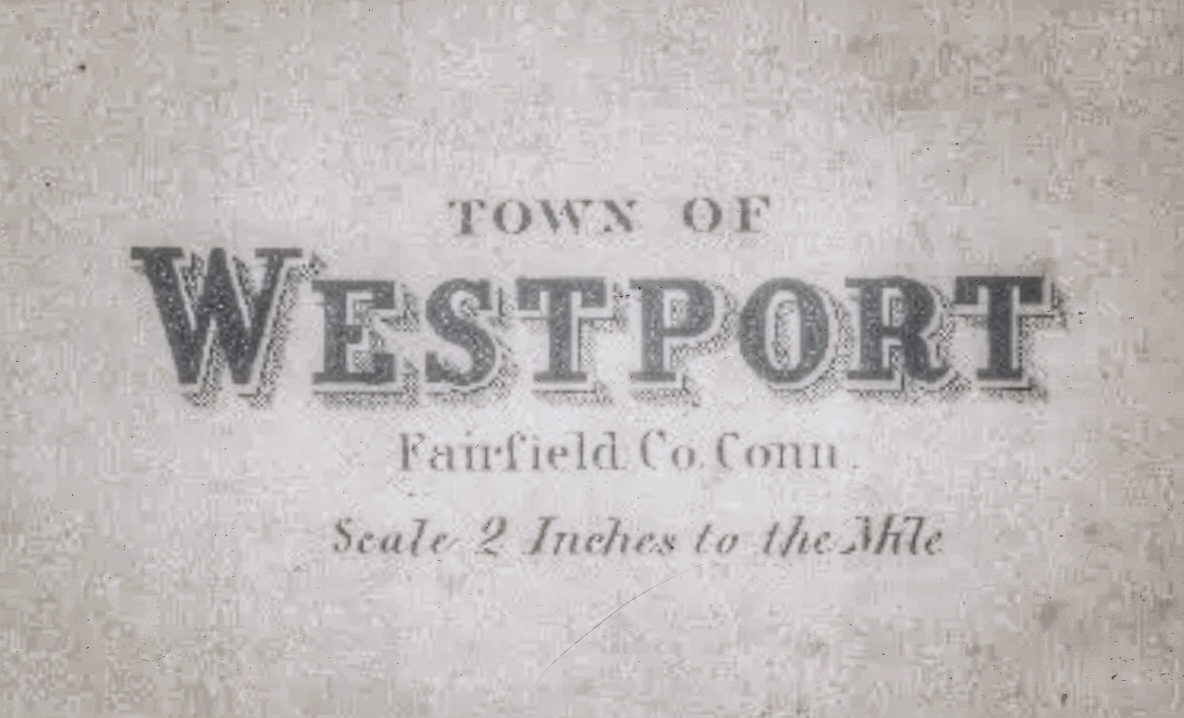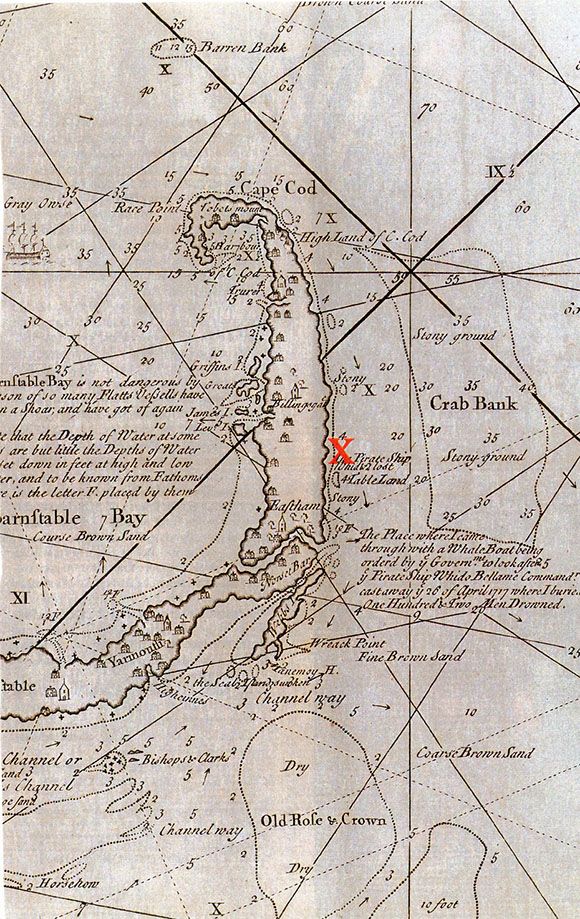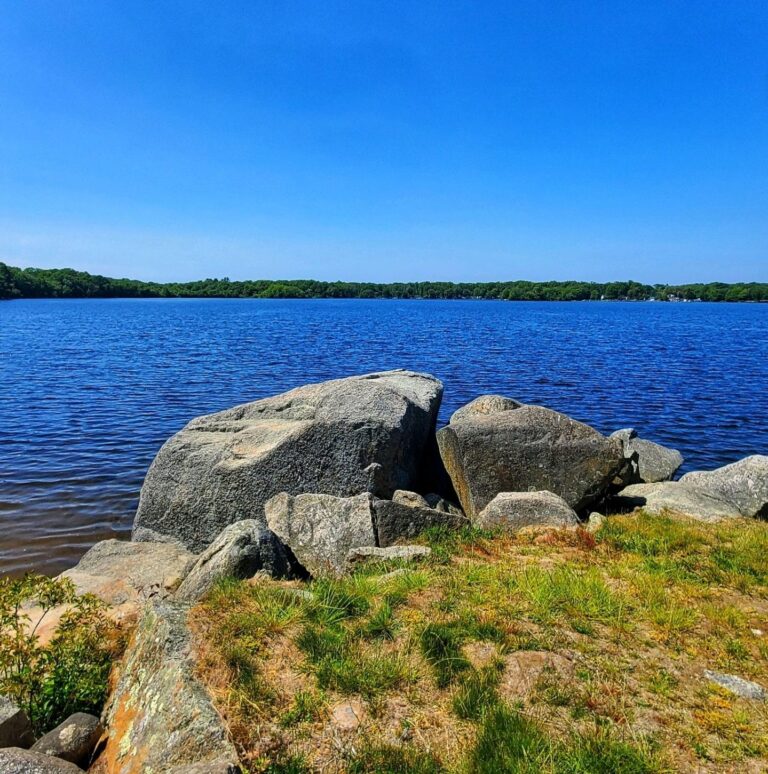The History of Westport, Massachusetts: From its Indigenous Roots to a Colonial Settlement

Nestled along the southeastern coast of Massachusetts, Westport is a picturesque town with a rich history that dates back centuries. Before it was officially incorporated as Westport in 1787, the area had a fascinating history that involved indigenous peoples, colonial settlements, and a unique evolution. In this post, we will delve into the past to explore the origins of Westport, Massachusetts.
Part 1: Indigenous Roots
Long before the arrival of European settlers, the land that would become Westport was inhabited by indigenous peoples, particularly the Wampanoag tribe. These native inhabitants lived in harmony with the natural surroundings, engaging in fishing, agriculture, and other activities that sustained their communities.
Part 2: Early European Exploration
The first documented European exploration of the region dates back to the early 17th century when English and Dutch explorers began to chart the coast of New England. The allure of abundant natural resources and the prospect of establishing settlements attracted European attention to the area.
Part 3: The West Parish of Dartmouth
Westport’s history is closely tied to its status as the “West Parish” of Dartmouth. In 1671, the West Parish was officially established, and it remained a part of Dartmouth until it gained independence as a separate town in 1787. During this period, the West Parish was primarily an agrarian community with farms and small settlements.
Part 4: The Birth of Westport
In 1787, the town of Westport was officially incorporated. It was named after the “west port” of the nearby town of Dartmouth, a reference to its location on the western shore of the Acushnet River. The new town’s boundaries were defined, and it began to take on its own identity as it developed into a thriving coastal community.
Part 5: Economic Development and Industry
During the 19th century, Westport’s economy flourished, driven by agriculture, fishing, shipbuilding, and trade. The town’s proximity to the water provided an ideal environment for maritime activities, which played a significant role in its growth and prosperity.
Part 6: The Whaling Connection
One notable aspect of Westport’s history is its connection to the whaling industry. In the 19th century, whaling was a major source of income for the town. Westport was home to whaling captains, and it served as a base for whaling expeditions that ventured into the Atlantic and Pacific Oceans.
Conclusion:
Westport, Massachusetts, has a diverse and storied history that begins with its indigenous roots and evolves into a vibrant coastal town. From its days as the West Parish of Dartmouth to its growth as a separate municipality, Westport has played a vital role in the history of the region. The town’s history is a testament to the resilience and adaptability of its residents, who have thrived through centuries of change.
Today, Westport is a place that proudly embraces its history while looking toward the future, with its beautiful landscapes, historical sites, and a strong sense of community. This journey through Westport’s history provides a deeper understanding of the town’s unique identity and its place in the story of Massachusetts and the United States.






